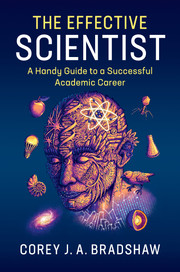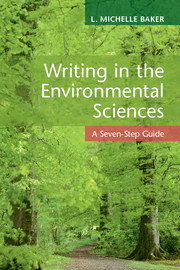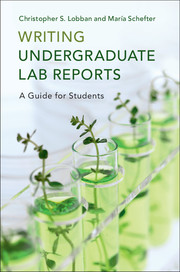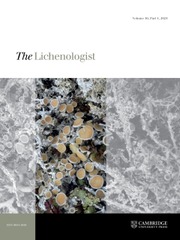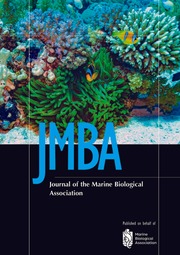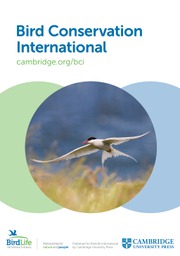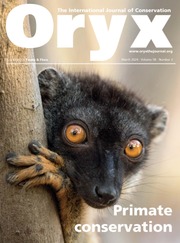The Effective Scientist
What is an effective scientist? One who is successful by quantifiable standards, with many publications, citations, and students supervised? Yes, but there is much more. Truly effective scientists need to have influence beyond academia, usefully applying and marketing their research to non-scientists. This book therefore takes an all-encompassing approach to improving the scientist's career. It begins by focusing on writing and publishing - a scientist's most important weapon in the academic arsenal. Part two covers the numerical and financial aspects of being an effective scientist, and Part three focuses on running a lab effectively. The book concludes by discussing the more entertaining and philosophical aspects of being an effective scientist. Little of this material is taught in university, but developing these skills is vital to maximize the chance of being effective. Written by a scientist for scientists, this practical and entertaining book is a must-read for every early career-scientist, regardless of specialty.
- Written in an engaging and entertaining style, making the topics easy to digest and remember
- Includes engaging, custom-drawn cartoons illustrating many of the specific topics discussed
- Discusses sensitive issues, such as personality conflicts and stress management, that are of increasing relevance for the modern scientist, but are usually neglected in academic books
Reviews & endorsements
’Choose: A) Stumble through your career or: B) Read this book and avoid our mistakes.' William J. Sutherland, Miriam Rothschild Chair in Conservation Biology, University of Cambridge
'With a relaxed and humorous style, Bradshaw indoctrinates the uninitiated into hard-won tricks of the trade, at times opening up to the reader about his own career missteps to illustrate a point.' The Times Higher Education
Product details
April 2018Hardback
9781107171473
288 pages
235 × 155 × 18 mm
0.61kg
20 b/w illus.
Available
Table of Contents
- Preface
- 1. What is an 'effective' scientist?
- 2. Become a great writer
- 3. Me time
- 4. Writing a scientific paper
- 5. Sticky subject of authorship
- 6. Where and what to publish
- 7. The publishing battle
- 8. Reviewing scientific papers
- 9. Constructive editing
- 10. Fear not the numbers
- 11. Keeping track of your data
- 12. Money
- 13. Running a lab
- 14. Making new scientists
- 15. Human diversity
- 16. Splitting your time
- 17. Work-life balance
- 18. Managing stress
- 19. Give good talk
- 20. Getting the most out of conferences
- 21. Science for the masses
- 22. Dealing with the media
- 23. 'Useful' science
- 24. Evidence-based advocacy
- 25. Trials, tribulations and triumphs
- References.

